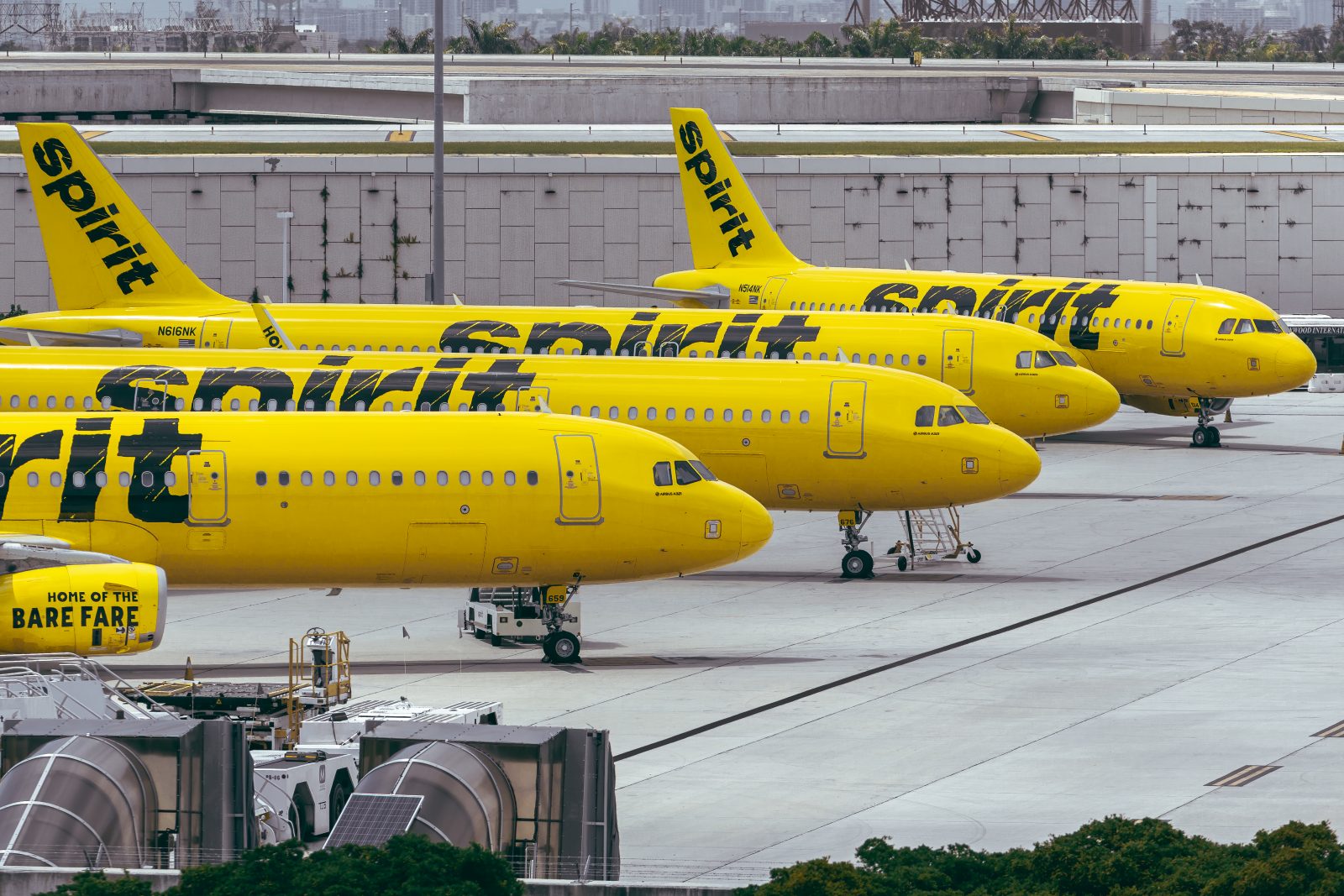
Embattled ultra-low-cost carrier Spirit Airlines is reportedly weighing the possibility of filing for bankruptcy, according to sources cited by the WSJ, who are said to be familiar with talks between the airline and bondholders over what the terms of such a filing might look like.
The dramatic turn of events at the Florida-based carrier comes just months after Spirit reported a net loss of $192 million for the second quarter. CEO Ted Christie blamed overcapacity across the industry and an “intense competitive battle for the price-sensitive leisure traveler.”
The writing has been on the wall for some time, and in February 2022, Spirit Airlines announced its intention to merge with fellow ultra-low-cost carrier Frontier Airlines in a deal that would have created the fifth-largest airline in the United States.
That deal was, however, abandoned when JetBlue wooed Spirit’s shareholders with a bumper takeover bid that was primarily aimed at taking over Spirit’s fleet of Airbus single-aisle planes to drive JetBlue’s own ambitious expansion plans.
The merger faced fierce opposition from the Biden administration and the Justice Department, which launched a legal bid to block it, arguing that it would harm competition.
A federal judge sided with the DOJ in January and several months later, the two airlines said they wouldn’t challenge the ruling.
Since then, Spirit has attempted to partially reinvent itself with new “premium” offerings and bundled fare types that offer passengers free seat selection and checked luggage.
According to the sources quoted by the WSJ, Spirit is discussing a possible Chapter 11 bankruptcy filing and the possibility of restructuring its balance sheet outside of court.
Talks are, however, focused on a Chapter 11 filing, although a decision isn’t expected imminently.
In the meantime, Spirit has warned that its losses in the third quarter are expected to be even higher. Again, Spirit blames overcapacity, especially amongst low-cost carriers who operate on razor-thin margins.
Mateusz Maszczynski honed his skills as an international flight attendant at the most prominent airline in the Middle East and has been flying ever since... most recently for a well known European airline. Matt is passionate about the aviation industry and has become an expert in passenger experience and human-centric stories. Always keeping an ear close to the ground, Matt's industry insights, analysis and news coverage is frequently relied upon by some of the biggest names in journalism.








The legacy carriers have learned to successfully compete with the ULLC’s with a Basic Economy product. The core difference between the two vastly different models is that the legacies provide significant connecting options, especially when a flight cancels. Passengers can be re-routed through a legacy carrier’s multiple hubs with several frequencies for re-booking whereas the Spirit or Frontier passenger may be re-accommodated two or three days later. United’s Scott Kirby had predicted exactly how the ULCC market is playing out.